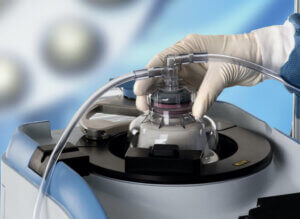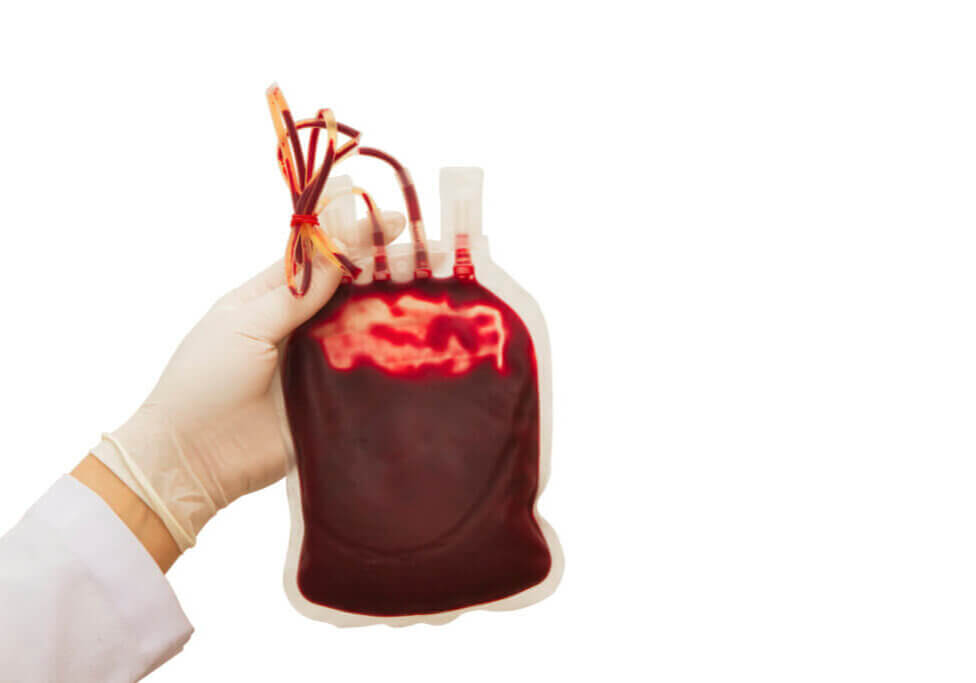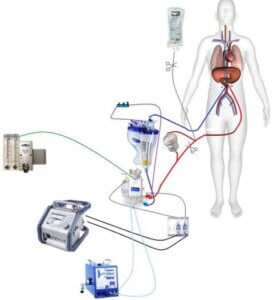The Use of Autotransfusion in Trauma Surgery
The Use of Autotransfusion in Trauma Surgery
Autotransfusion, also known as autologous transfusion, is a technique that involves collecting a patient's own blood before or during surgery and then transfusing it back into the patient. This method is commonly used in trauma surgery, where blood loss can be significant and the risk of transfusion reactions and infectious disease transmission is high. In this blog post, we will discuss the use of autotransfusion in trauma surgery, including its benefits and limitations.
 Trauma is one of the leading causes of death worldwide, and blood loss is a major contributor to mortality in trauma patients. In these situations, the prompt and effective replacement of blood loss is critical to improve patient outcomes. Allogenic blood transfusions, which involve the transfusion of blood from donors, have traditionally been used to replace lost blood in trauma patients. However, allogenic blood transfusions can be associated with a number of risks, including transfusion reactions, infections, and an increased risk of sepsis.
Trauma is one of the leading causes of death worldwide, and blood loss is a major contributor to mortality in trauma patients. In these situations, the prompt and effective replacement of blood loss is critical to improve patient outcomes. Allogenic blood transfusions, which involve the transfusion of blood from donors, have traditionally been used to replace lost blood in trauma patients. However, allogenic blood transfusions can be associated with a number of risks, including transfusion reactions, infections, and an increased risk of sepsis.
Autotransfusion can be an effective alternative to allogenic blood transfusions in trauma patients. During the collection process, a patient's own blood is collected and stored in a special collection bag. The collected blood is then filtered and returned to the patient during surgery. This process is done through a machine called the Cell Saver. Autotransfusion is associated with a lower risk of transfusion reactions and infectious disease transmission, as the patient is receiving their own blood. Additionally, autotransfusion may also improve patient outcomes by reducing the amount of blood loss during surgery and decreasing the risk of anemia.
One of the main benefits of autotransfusion in trauma surgery is its ability to reduce the need for allogenic blood transfusions. This can be particularly beneficial in situations where allogenic blood may not be readily available, such as in remote or rural locations, or during mass casualty incidents. Autotransfusion can also be useful in patients who have a low tolerance for allogenic blood, such as those with pre-existing blood disorders or antibodies against certain blood types.
Autotransfusion has also been shown to be effective in reducing blood loss during surgery. Studies have shown that the use of autotransfusion can reduce blood loss by as much as 50%, which can lead to improved patient outcomes and a decreased risk of complications. Autotransfusion can also be useful in patients who have a low tolerance for allogenic blood, such as those with pre-existing blood disorders or antibodies against certain blood types.
However, it is important to note that autotransfusion may not be appropriate for all patients and surgical procedures. Autotransfusion may not be feasible in certain situations, such as in cases of infection or certain types of cancer. In these cases, alternative methods such as bloodless surgery techniques or erythropoietin therapy may be more appropriate. Additionally, autotransfusion may not be ideal for patients with certain bleeding disorders, as their own blood may not clot properly.
In conclusion, autotransfusion is a valuable technique that can be used in trauma surgery to replace lost blood and improve patient outcomes. Its ability to reduce the need for allogenic blood transfusions and its lower risk of transfusion reactions and infectious disease transmission make it a viable option for trauma patients.
Contact Us
Let us provide the Autotransfusion Services you need.
Our unique ability to provide immediate Autotransfusionist services, bolstered by our successful track record in staffing health systems around the country makes us an enviable blood management partner.





